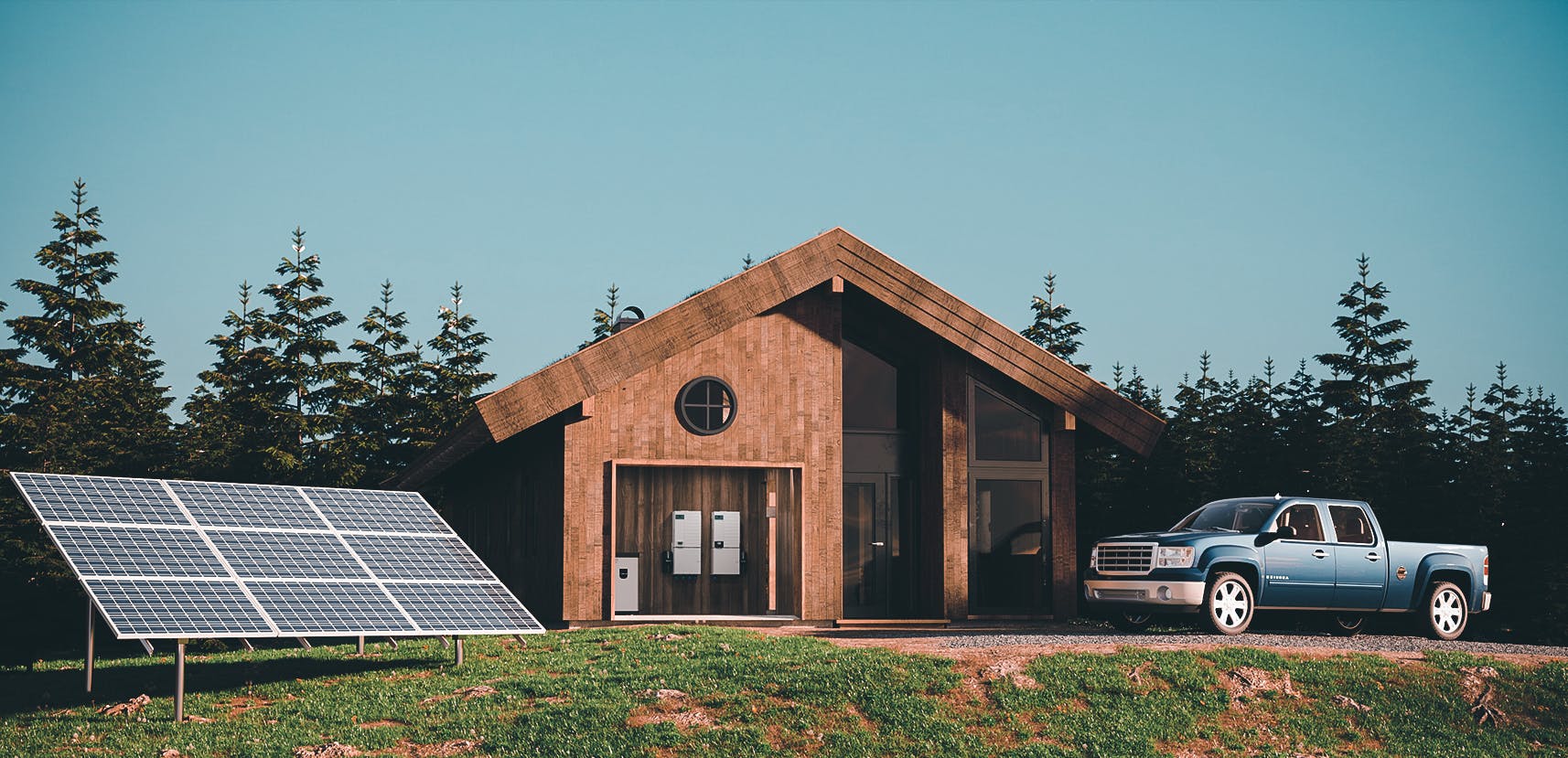Solar farm in B.C. – country’s largest off-grid solar farm
Anahim Lake project, said to be country’s largest off-grid solar farm, will greatly reduce reliance on diesel
A First Nation in Central B.C. is one step closer to having sustainable and clean energy. The Ulkatcho First Nation is set to build the largest off-grid solar power farm in Canada. CBC’s Janella Hamilton travelled to Anahim Lake to learn more about what the project means to the community.
A First Nation in central British Columbia says it will take a step toward “energy sovereignty” when it builds what officials say will be the largest off-grid solar farm in Canada.
Around 1,500 residents of Anahim Lake, home of the Ulkatcho First Nation, and surrounding small communities currently rely entirely on costly diesel for power.
“If we run out of diesel, then the lights go out. That’s it,” said Ulkatcho Elder Mary Williams.
But once built, the solar farm spanning about 12 hectares (30 acres) will supply up to 70 per cent of the electricity the communities need, according to Chief Lynda Price and B.C. Hydro.
“We believe that solar energy will be the source of our ability, for a lot of our families, to live off the grid,” Price told CBC News on Friday from Anahim Lake, which lies around 380 kilometres northwest of Vancouver in B.C.’s Chilcotin region.
“We’re really excited that this is the first stage of our solar power, and I believe our future generations will benefit.”

On Friday, the Ulkatcho Energy Corporation (UEC), which owns the project, signed a historic 20-year agreement with B.C. Hydro, promising that the public utility will purchase the energy created by the solar farm and integrate it into power lines and a storage system to serve the community.
The $30-million project — which is receiving $16 million in provincial and federal funding — is expected to produce enough electricity to power about 350 of the area’s 5,000 homes, according to B.C. Hydro.
That transition will reduce the community’s reliance on diesel by approximately 1.1 million litres — equivalent to approximately 3,300 tonnes of greenhouse gas emissions — per year, B.C. Hydro CEO Chris O’Riley told CBC at the signing ceremony.
The provincial government has currently committed to reducing reliance on diesel for power by 80 per cent by 2030, and B.C. Hydro says Anahim Lake is one of 44 communities still dependent on the fuel.
“It’s important for people to understand how important this project is as part of our larger climate goals, as part of our reconciliation goals with First Nations,” O’Riley said. “And it really is a beacon for others.”
Security, self-determination
Ulkatcho First Nation elected councillor Corrine Cahoose says the solar farm is an important step for the nation’s economic, environmental and cultural self-determination.
“Our people are very resilient in our nation. We lived through all the colonization and the contact and smallpox and the residential schools, the missionaries,” said Cahoose.

“We’re all the knowledge keepers of the land. We know every mountain, we know every tree, we know every metal, we know all the animals, we know where they hang out,” she added.
“We have to be the stewards of that land. We have to protect in every way, and this project is one of the ways.”
Anahim Lake community members and experts say the transition to clean energy is also a practical decision.
Wildfires and icy roads often cause power outages, preventing truckloads of diesel from making it to the remote community before generators run out.
“On the whole, there’s very little drawback to actually putting in place these sorts of projects that again just add energy security and reduce costs for off-grid communities,” said Evan Pivnick, with Clean Energy Canada.
Construction at the site of the First Nation’s former sawmill is set to begin by August and the solar farm is projected to be operational by October 2025, according to the UEC.
The UEC, which is owned by the nation’s economic development corporation, will also feed revenue from the sale of solar power to B.C. Hydro into services, infrastructure, education and housing on the First Nation, according to Price and Cahoose.
“The revenue that’s going to come from this project will ensure that we continue to build a healthy future for our children,” said Cahoose.
WATCH | B.C. encourages First Nations to pitch new energy projects to meet growing demand:
Colleen Giroux-Schmidt, Clean Energy B.C. board chair, tells BC Today host Michelle Eliot that B.C. Hydro is looking to acquire 3,000 gigawatt hours of electricity per year, which would add five per cent to its current supply.
.jpg)












